Breaking the chains: a survivor’s plea in Women’s Month
Crisis
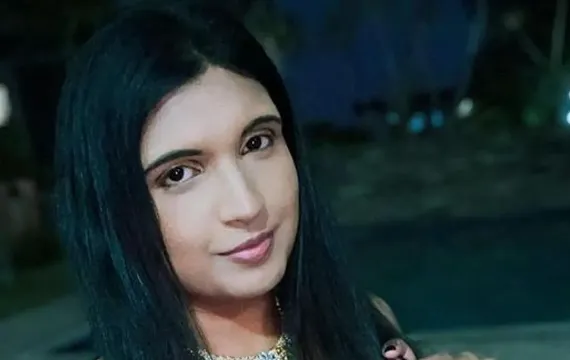
The blood of our sisters stains our soil, and we must act... Sasha Lee Monique Shah, 25, of uMhlanga, was gunned down by her ex-boyfriend, Kyle Inderlall, 25, of Phoenix, in the parking lot at the Gateway Shopping Mall on October 30, 2022, just over a month after she was granted an interim protection order against him.
Image: File
Vanessa Govender shares her harrowing journey as a survivor of gender-based violence, urging South Africa to confront the ongoing crisis that affects millions of women. This Women's Month, she calls for collective action to break the silence and reclaim power.
AS THE sun sets over the rainbow nation this Women’s Month, August 2025, I find myself staring into the mirror, tracing the invisible scars that time has etched into my soul and some still visible on my skin.
I am Vanessa Govender - journalist, author, mother, and a survivor of gender-based violence. My story, laid bare in my memoir Beaten But Not Broken, is not unique. It’s a haunting echo in the lives of millions of South African women who wake up each day to a reality where love turns lethal, where homes become battlegrounds, and where silence is the deadliest weapon of all.
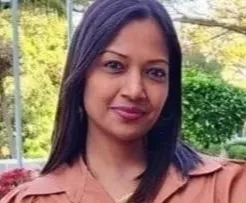
Victims of gender-based violence... Sugendren Rodney Naicker, a Chatsworth married father of two, was sentenced to 23 years in prison for the premeditated murder of his lover, Vyaksha Sookdew. Her decomposed body was discovered wrapped in black plastic bin bags in the bathroom of her Havenside home on December 25, 2023. Her body was identified by a relative only through her belly ring and clothes.
Image: File
This month, dedicated to celebrating women, feels like a cruel irony when the shadows of violence loom larger than ever. We cannot honour women while ignoring the epidemic that claims their lives, their dignity, and their futures. South Africa, it’s time to wake up. The blood of our sisters stains our soil, and we must act. Let me take you back to the darkest time in my life. I was a successful broadcaster, a voice for the voiceless, yet in the quiet confines of a relationship, I was reduced to a shadow of myself.
The punches, the slaps, the kicks and the threats, the psychological torment, it wasn’t just physical; it shredded my spirit. I survived, I was one of the lucky ones. But so many women never make it out alive. And that’s the gut-wrenching truth we’re facing in 2025. Despite promises and protests, gender- based violence (GBV) remains a scourge that defies our democracy. According to recent reports, while overall violent crime dipped in the second quarter of 2024, GBV crimes surged, painting a grim picture of a nation failing its women.
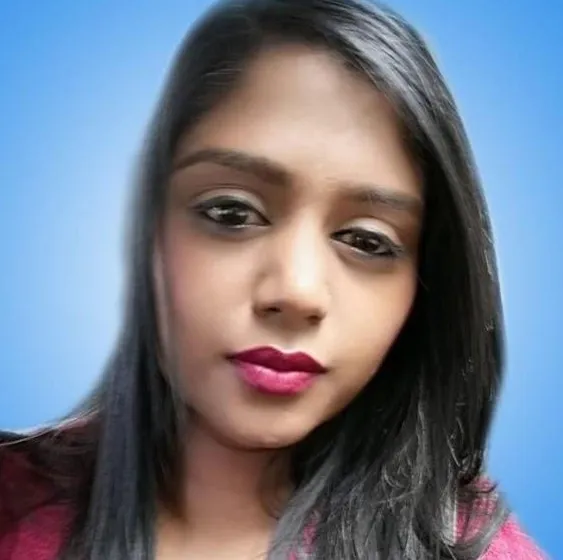
Nivashni “Jackie” Naidoo was found dead in the flat of her Westham, Phoenix home in May, 2021. Her body had been set aight. The cause of her death was determined to be thermal burns. Her ex-boyfriend, Shaun Naicker, was sentenced to 20 years imprisonment.
Image: File
Government itself has labelled gender-based violence a “national crisis” and a “second pandemic,” yet the statistics scream louder than any speech.
The numbers are not just data; they are daughters, mothers, sisters.
A staggering 51% of South African women have experienced GBV in their lifetimes, with physical violence being the most common form inflicted by intimate partners.
Even more chilling: 76% of men have admitted to perpetrating it. Between September 2023 and December 2024 alone, over seven thousand cases of sexual and gender-based violence were recorded – and that’s just the tip of the iceberg, as so many suffer in silence.
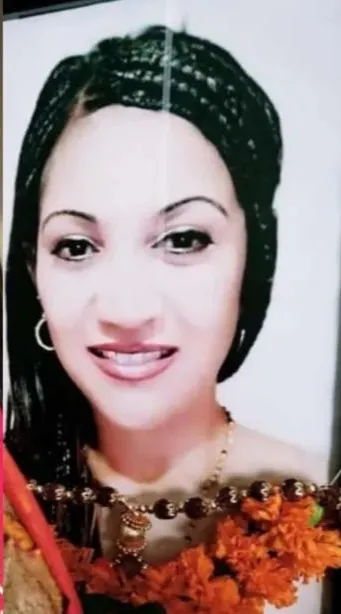
On October 26, 2023, Julie Rajpaul, 48, a correctional services officer at the Westville Prison, was found slumped over the toilet seat. At the time, it was believed the mother of three had used a jacket, tied to the burglar guard on the window above the toilet, to “commit suicide”. However, it emerged that Rajpaul was allegedly assaulted and strangled by her live-in boyfriend of seven years, Ashley Mahadeo.
Image: File
Femicide, the ultimate betrayal, continues unabated, with women killed simply for being women. In rural areas, where poverty and isolation amplify vulnerabilities, GBV intersects with other injustices, turning everyday life into a
minefield. And let’s not forget the children – our future – who witness this horror, perpetuating a cycle that poisons generations.
Why does this persist in a country that boasts one of the world’s most progressive Constitutions? The roots run deep, entangled in the weeds of patriarchy, inequality, and a history scarred by apartheid. Poverty fuels desperation, alcohol and drugs ignite tempers, and cultural norms that view women as possessions normalize abuse.
But make no mistake: this is not “just how things are.” It’s a systemic failure.
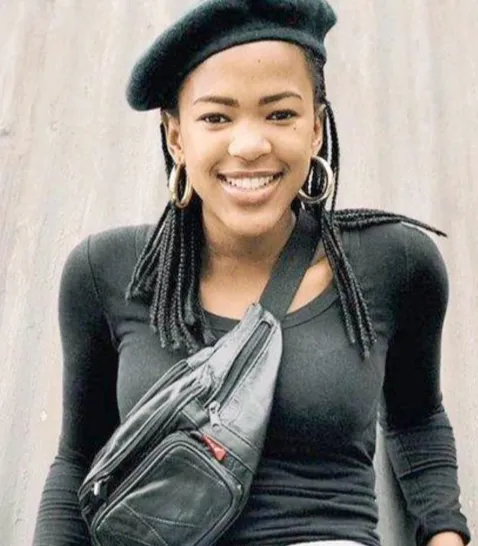
File UCT student Uyinene Mrwetyana, 19, was raped and killed in Cape Town in August 2019. Luyanda Botha, a former Post Office employee was arrested later that year.
Image: Independent Newspapers
Our police stations, meant to be sanctuaries, often become secondary sites of trauma, with undertrained officers dismissing complaints or, worse, perpetrating violence themselves.
The South African Police Service’s recent crime statistics glaringly omitted detailed data on crimes against women and children, rendering our fight invisible and impotent. Without accurate, disaggregated data, how can we strategise? How can we heal?
As a survivor, I know the isolation, the shame that society heaps upon us.
“Why didn’t you leave?” they ask, as if it’s that simple. But leaving for so many women often means poverty, homelessness and for some, death. I left, it took me five years to eventually be done and it nearly broke me – but from the ashes I rebuilt and I remembered who I have always been meant to be. I no longer asked why me, I now understand as terrible as it sounds it had to have been me.
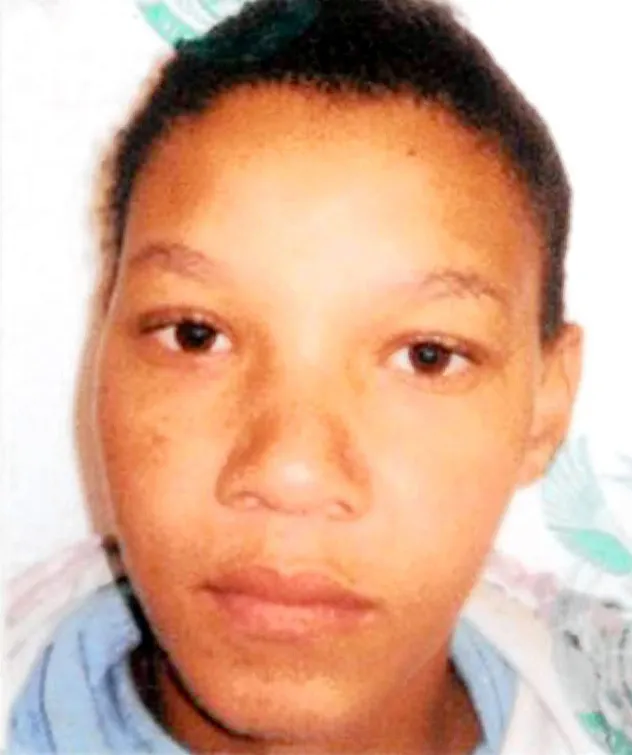
TRAGIC STORY: Anene Booysen was raped and killed. Photo: HENK KRUGER Anene Booysen, 17, was found by a security guard the morning after she had been gang-raped and disemboweled at a construction site in Bredasdorp, in the Western Cape, on February 2, 2013. She was still alive, but died later in the day. Johannes Kana was convicted for the crime, and sentenced to two consecutive life sentences. Two suspects were initially arrested, but only Kana, who confessed to raping Booysen, stood trial. Before she died, Booysen told police five or six men were involved in the attack
Image: Supplied
Now, I stand with the voiceless, unapologetic and unashamed and relentless in telling my story and laying myself bare over and over again, because right now there is another girl, like the one I used to be, somewhere who can draw strength and courage only because there are women who have come before her and with our stories burned every single stigma.
We will stand on the frontlines, take the criticism, stand resolute in our truth even when there are some who seek to dismiss it including women themselves.
Women’s Month isn’t about platitudes; it’s about power, reclaiming it, wielding it.
So, what can we do as a country, as communities, as individuals?
First, the government must step up. The signing of the bill establishing the National Council on Gender-Based Violence and Femicide in May 2024 was a step forward, but words on paper mean nothing without action.
We need fully funded shelters, rapid response teams, and mandatory training for law enforcement. The 90-day GBV blitz launched on May 1, 2025, by the Justice, Crime Prevention and Security Cluster is promising, but it must be sustained, not a flash in the pan.
Invest in education: teach consent, equality, and emotional intelligence in schools. Reform the justice system to ensure swift prosecutions, no more cases languishing while perpetrators walk free.
But change doesn’t start in Parliament; it ignites in our homes and hearts.
Communities, rise up! Men, you hold the key. Challenge toxic masculinity; be allies, not bystanders. If 76% of you have perpetrated violence, imagine the transformation if you choose differently.
Fathers, teach your sons that strength is in kindness, not control. Women, support each other, build networks of solidarity. Churches, mosques, schools, use your platforms to preach against abuse, not perpetuate it through outdated doctrines.
As individuals, break the silence. If you’re a survivor, know this: your story is your power. Speak it, even if your voice shakes. Report abuse; seek help from organisations like POWA or the Thuthuzela Care Centres. And to those witnessing it, intervene safely, but intervene. Apathy is complicity.
In my journey from victim to victor, I’ve learned that healing is collective. South Africa, we’ve overcome apartheid; we can dismantle this too. But it requires rage turned to resolve, tears to tenacity.
Let us honour the fallen by fighting for the living. Let their names - and there are so, so many that it would fill up this newspaper and hundreds more copies of it - Anene Booysen, Uyinene Mrwetyana, Tshegofatso Pule, Sasha Lee Shah, Lovisha Persad (she was just fourteen years old when she was stabbed more than one hundred times allegedly by a boy she knew) fuel our fire. We will not whisper their stories in the shadows, we will roar their truth, forging a nation where women can live without fear. For it is not a privilege or luxury – it is our right!
The legacy of our slain mothers, daughters, sisters and friends, demands it and our survival depends on it.
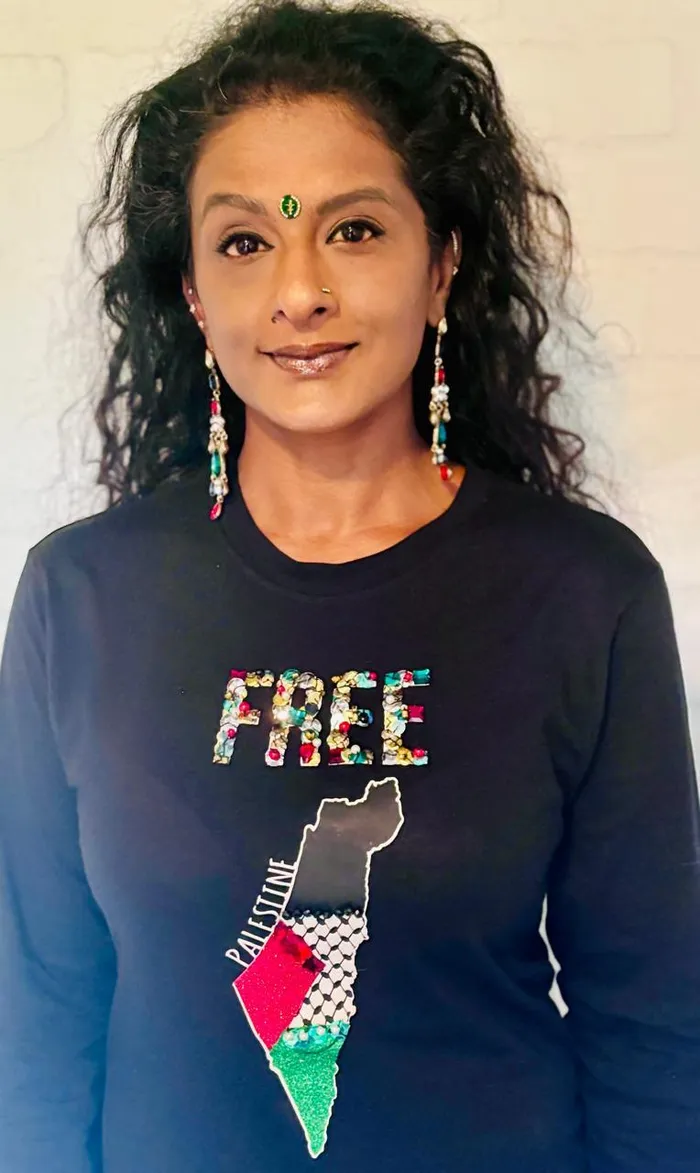
Vanessa Govender
Image: File
Vanessa Govender is a former SABC radio and award winning ENCA television news reporter. She is an author of the children’s book, The Selfish Shongololo, the best selling memoir, Beaten But Not Broken, and the recently released memoir, The Village Indian.
** The views expressed do not necessarily reflect the views of IOL or Independent Media.